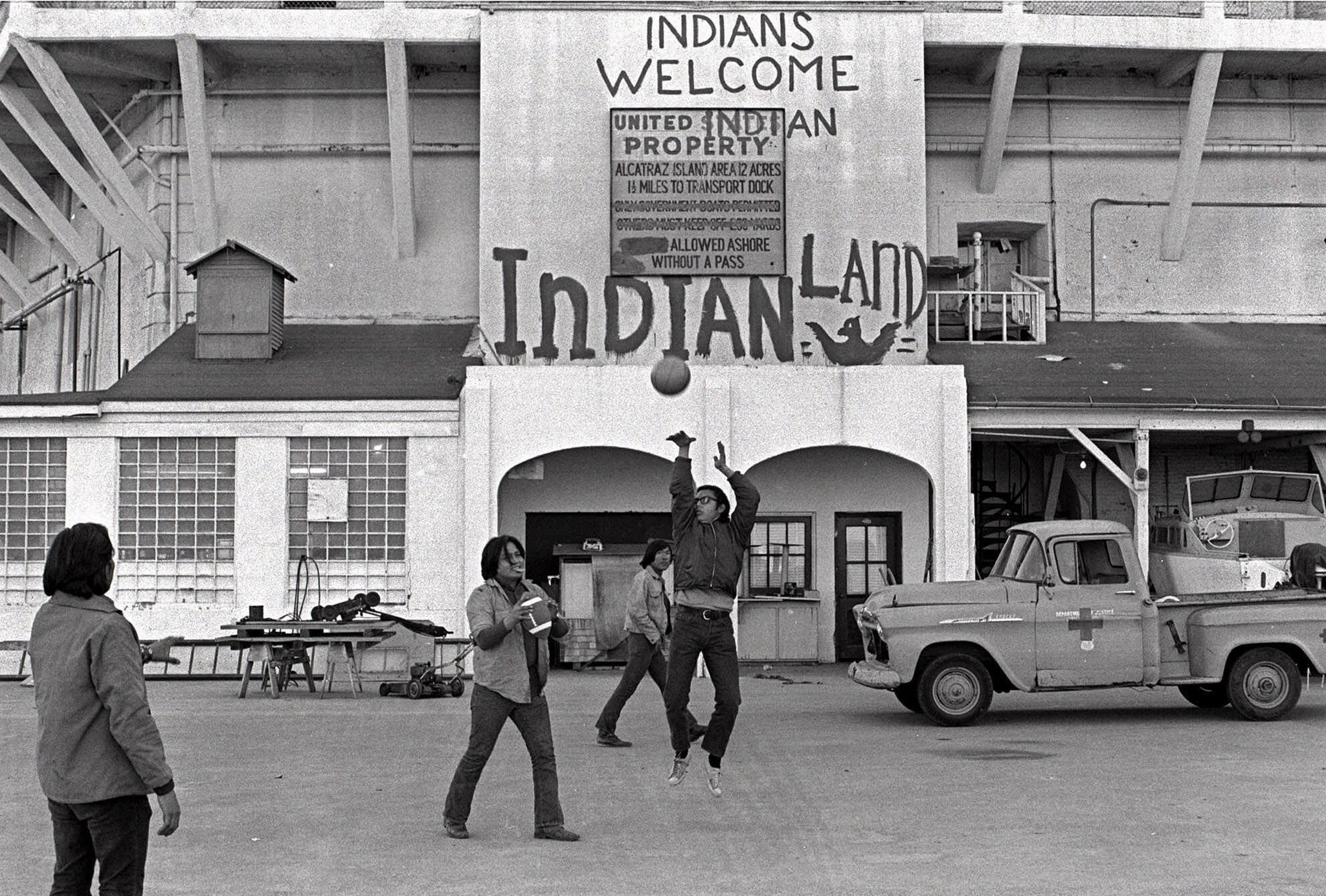Maahir Kasliwal
Junior Individual Website
Word Count: 1,195
Media Time: 3:52
Process Paper Length: 500

Occupiers passing the time on Alcatraz (Source) New York Times
"You know from what I can see now, I'm an elder and I’ve lived through these decades of resistance of my people and Alcatraz was an awakening and we are all benefiting today from what the lessons we learned on Alcatraz, that’s when we first, in the modern day, confronted the United States government on American Indian policies."
~ Madonna Thunder Hawk, occupier of Alcatraz, personal interview
From 1969-1971, Native Americans occupied Alcatraz Island in protest of their continual denial by the American government to Native sovereignty and the loss of their ancestral lands. During this protest, The Indians of All Tribes claimed back Ohlone Alcatraz Island to draw attention to the abuses Natives endured, hoping to break the barrier of American Indian oppression and to awaken the nation to the injustices they’ve faced over the past centuries. As a result, this occupation led to increased cultural pride, continued Native activism and led to legislation expanding the fundamental rights of Native Americans, as well as the return of Native lands.
Maahir Kasliwal
Junior Individual Website
Word Count: 1,195
Media Time: 3:52
Process Paper Length: 500

Occupiers passing the time on Alcatraz (Source) New York Times